EDITORIAL
Published on 03 Nov 2022
Editorial: Advance in translational research of preterm birth and related pregnancy
doi 10.3389/fphar.2022.1047649
- 1,259 views
7,626
Total downloads
23k
Total views and downloads
Select the journal/section where you want your idea to be submitted:
EDITORIAL
Published on 03 Nov 2022
ORIGINAL RESEARCH
Published on 23 Aug 2022

SYSTEMATIC REVIEW
Published on 01 Aug 2022
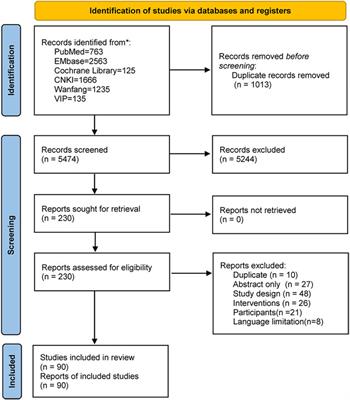
SYSTEMATIC REVIEW
Published on 21 Jul 2022
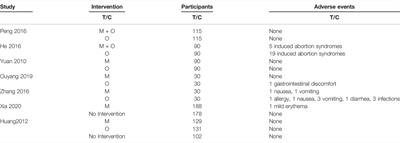
ORIGINAL RESEARCH
Published on 22 Jun 2022
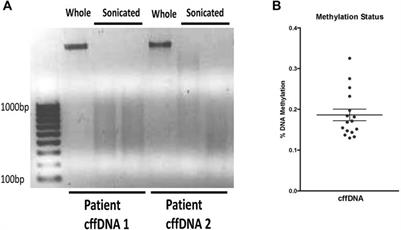
ORIGINAL RESEARCH
Published on 02 Jun 2022
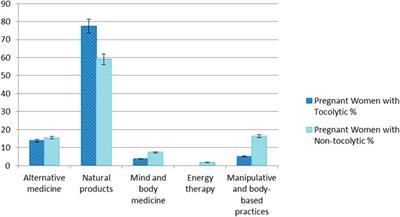
REVIEW
Published on 20 Apr 2022

ORIGINAL RESEARCH
Published on 12 Apr 2022

ORIGINAL RESEARCH
Published on 31 Mar 2022
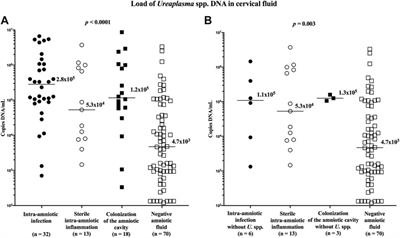
ORIGINAL RESEARCH
Published on 04 Mar 2022


Frontiers in Genetics
Frontiers in Pediatrics